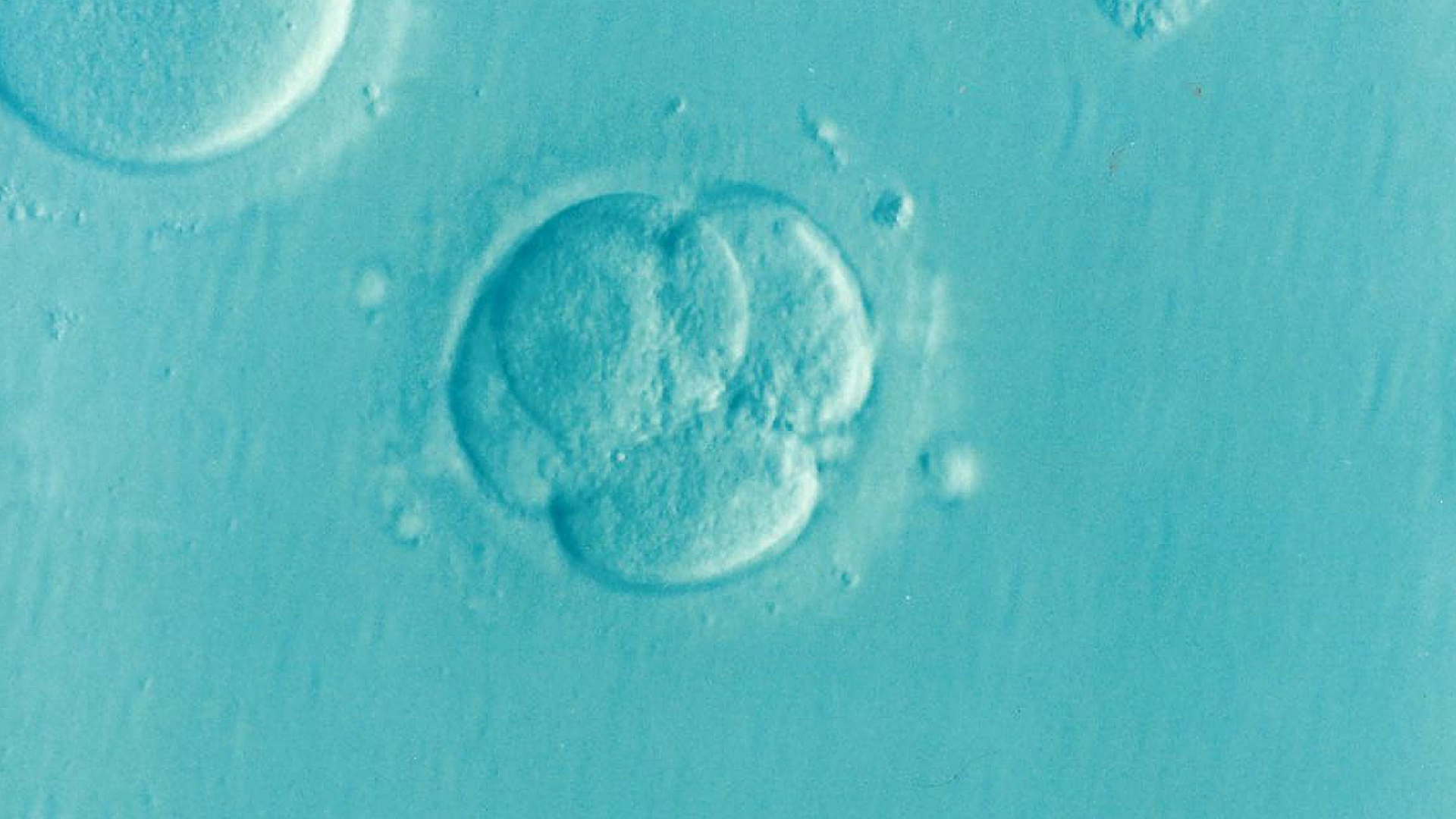
EXPERT REACTION: Potential synthetic human embryos created
Not peer-reviewed: This work has not been scrutinised by independent experts, or the story does not contain research data to review (for example an opinion piece). If you are reporting on research that has yet to go through peer-review (eg. conference abstracts and preprints) be aware that the findings can change during the peer review process.
The Guardian is reporting that scientists have created synthetic human embryos using stem cells, which sidesteps the need for eggs or sperm. Currently, the research has not been published, but has been released at the International Society for Stem Cell Research’s annual meeting. Below, experts respond to the report.
Organisation/s: Australian Science Media Centre
Funder: N/A
News for:
Australia
NSW
VIC
QLD
SA
TAS
Media contact details for this story are only visible to registered journalists.


Expert Reaction
These comments have been collated by the Science Media Centre to provide a variety of expert perspectives on this issue. Feel free to use these quotes in your stories. Views expressed are the personal opinions of the experts named. They do not represent the views of the SMC or any other organisation unless specifically stated.